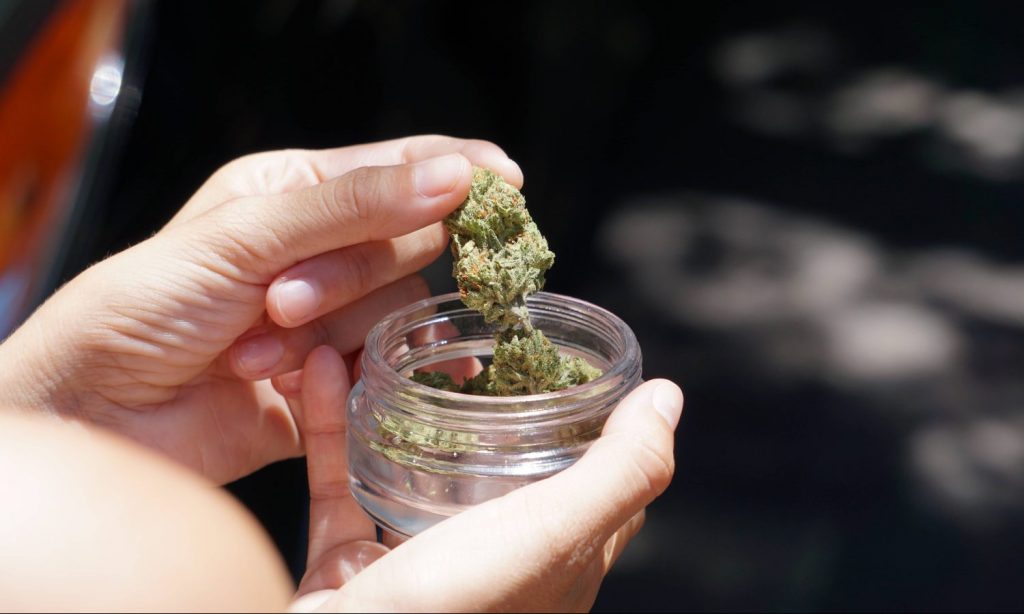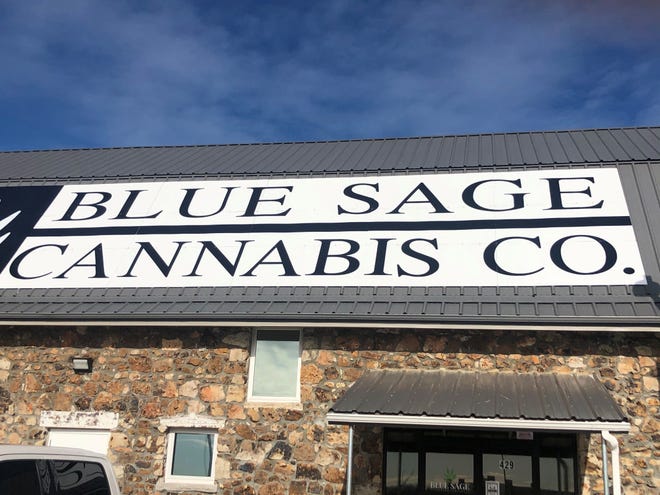There is now a much clearer roadmap towards conducting legal cannabis-related activities in Mexico.
In our last post, we alerted you on the publication of the new Regulations on Sanitary Control for the Production, Research and Medical Use of Cannabis and Its Pharmacological Derivatives (the “Medical Regulations”). In this post, we provide an overview of what the Medical Regulations will address and what it potentially means to your business.
As expected, the Medical Regulations deal with the control, promotion and sanitary supervision of raw materials, pharmacological derivatives and medicines. Regulated activities include:
Primary production for manufacturing supply;Raw material generation for research and seed production;Health and pharmacological research;Manufacturing of pharmacological derivatives and medicines and medical activities related to diagnoses, therapeutic, rehabilitation and palliative care;Importation, exportation and marketing.
Activities connected with all of the above will be authorized through licenses or permits, and the Regulations provide the requirements to obtain them. Among the activities that will be authorized officially for the first time are:
Quality control laboratoriesGrowing for research and industrial purposesCannabis research protocolsProcessing, transport, import (both for industries and for self-consumption)ExportIssuance of cannabis-related prescriptionsSet-up of establishments permitted to sell medical cannabis products
The regulations clarify that COFEPRIS (Federal Commission for the Protection against Sanitary Risks) will not be the only agency to deal with. Although COFEPRIS will remain the chief agency involved in cannabis-related applications, other agencies are also charged with interpreting and applying these Medical Regulations, along with issuing permits and licenses. All of this means added time and costs that companies have to factor into their business plans for Mexico.








